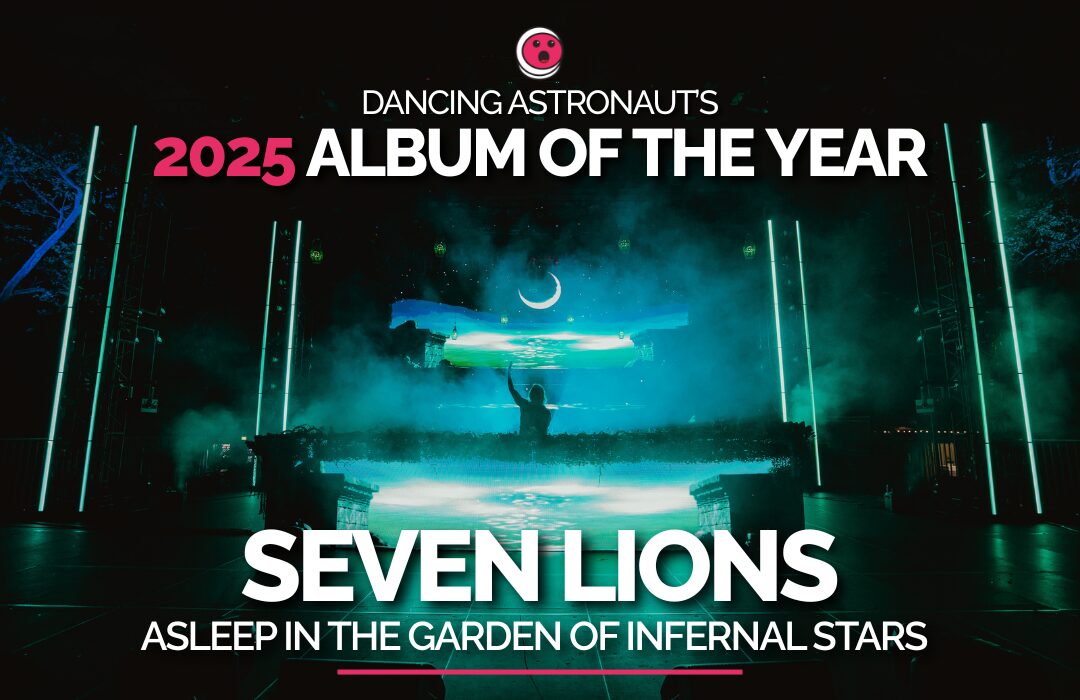Avatar: The Last Airbender introduced The Order of the White Lotus toward the end of the original series where the plot began moving very quickly. With a world to save and a city to liberate, the old masters who previously tutored many of the show's heroes set out to do their part and bothered little with explaining their origins.
Since then, the group's history has remained shrouded in mystery with only scant details providing any insight. As the Avatar franchise continues to publish comics and novels that delve into the history of its world, it's long past time fans get the White Lotus prequel they desperately deserve.
The build-up to the White Lotus was a slow and steady one over the course of the original Avatar series. Aang and friends crossed paths with many of its members without even realizing they were connected, meeting Iroh, Bumi, Jeong Jeong and Pakku all in the first season with little to no indication that they had any connection to one another at all. While Iroh certainly treasured the white lotus tile from his Pai Sho game and the second season revealed its ties to a secret order Iroh was a member of, the full implications never truly came to light until the Gaang tracked Iroh's scent to the White Lotus camp outside Ba Sing Se, where they discovered the old masters ready for battle.
The exposition shedding light on the group's purpose was brief and the story behind how they came to unite in the first place was even more sparse. Piandao and Jeong Jeong explained that the group was part of a secret society that favored philosophy, beauty and truth over the divisions of the Four Nations and Bumi nonchalantly chalked their backstory up to a single question: "Don't you know all old people know each other?" As much as those brief lines of dialogue worked for the moment, serving their purpose to set up our one opportunity to watch the bending masters unleash their abilities for the first time, after nearly a decade and a half, there are too many questions left burning for too long.
The Kyoshi novels reveal that the White Lotus is indeed an ancient order existing at least as early as the previous Avatar's lifetime, but how each of the masters from the original series came to be members is highly intriguing. Pakku and Bumi were both high-ranking officials of cities at war with the Fire Nation and unlikely to spend much time traveling the world. Even the Fire Nation members could not have so easily coordinated -- Piandao posed as a Fire Nation loyalist following his rebellion; Jeong Jeong left the Fire Nation navy a decade before the series began, and Iroh was presumably loyal to the crown until five years after that when Jeong Jeong was in hiding.
Did all of these men join the Order in their youth? Does this mean Iroh was not so loyal to the Fire Nation crown as his 600-day siege of Ba Sing Se would indicate? And just what were these relationships like, since policies like Pakku's sexist traditionalism would likely put him at odds with his more open-minded fellow members? So many questions cascade out of one another, but since so much of the order's history, its members' lives, and the world-state of Avatar prior to the series' beginning remains such a mystery, these questions have yet to be answered.
If anything, The Legend of Korra only raised further questions about the Order's nature and its progression from the time of Aang. In general, the Order appears far less effectual since giving up its secrecy to protect the Avatar, but what proves most titillating is the hinted-at schism with Xai Bau that gave rise to the mysterious figure founding the Red Lotus. Finding out who Xai Bau was and how his philosophy may have differed from Iroh left behind would be the perfect mystery, one which could serve as the crux to such a prequel story.
Fans would adore the opportunity to learn so much about such beloved characters and to gain such valuable insight into a crucial portion of Avatar lore. With so much of the franchise focused around the Avatar, it would be a welcome break to look at the rest of the world and the individuals who cultivate power within it and wield that power so wisely. For the time being, all of the intriguing mysteries around the secret society will have to remain, and we are left with another familiar Bumi quotation: "I didn't know what or when, but I knew I'd know it when I knew it!"


